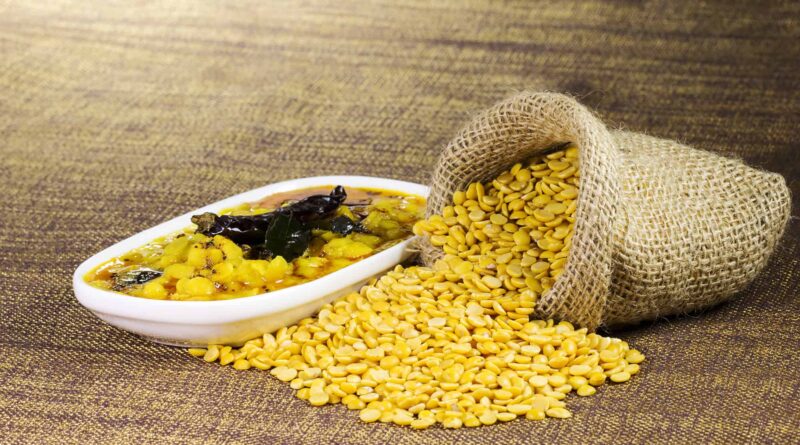Amit Shah launches tur dal procurement portal; sets 2028 as target to stop pulses imports
By Sandip Das
India is aiming to achieve self-sufficiency in the production of pulses in the next four years, and assured purchase from the farmers at the market prices would be the key strategy to boost output, minister for home affairs and cooperation Amit Shah said on Thursday
Stating that the country is still dependent on import of some varieties of pulses except for chana and moong, Shah said “by December 2027, the country should become self-reliant in pulses. We will not import even one kilo of pulses from January 2028.”
He was speaking after launching a procurement portal for tur dal through which agencies such as farmers’ cooperative Nafed and Cooperative Consumers’ Federation of India (NCCF) would purchase the pulse variety at market price, and above minimum support price (MSP) to boost the government buffer.
In 2023, India imported close 1.9 million tonne (MT) of tur and urad to meet domestic demand. A major chunk of pulses varieties imported include tur, urad and masoor (lentils) and these pulses mostly sourced from Mozambique, Malawi, Tanzania, Myanmar, Canada and Australia.
The country imports about 15% of the total domestic consumption of pulses. Sources said in the first phase the government would be purchasing 0.4 MT tur from the farmers directly at the market prices to boost buffer. After getting response in the first phase, another 0.4 MT of pulse variety would purchased from the farmers.
As per the buffer norm, one MT of tur dal has to be with the government. However because of huge import dependence and prices ruling above MSP especially for the last few years, agencies are unable to carry out MSP operations.
The dynamic pricing model of purchase from the farmers for the pulses will be in accordance with the government’s market intervention to buy onions from the farmers at the market price for buffers.
The official said that purchase of pulses varieties above MSP will give a signal to the farmers to augment production which would reduce the country’s import dependence. Tur and masoor are two major pulses which India imports.
The mandi prices of tur dal on Thursday at Latur, Maharashtra, the hub of the trade, was ruling around Rs 8,400 /quintal against the MSP of Rs 7,000/quintal for the 2023-24 season (July-June).
The official said that within three days of purchase of the commodity, the amount will be transferred to farmers bank account directly. The initiative to purchase pulses variety at market price will be supported by the Price Stabilisation Fund being implemented by the department of consumer affairs.
The government is also planning introduce purchase above MSP for other varieties of pulses such as urad and lentils Sources said that the procurement price of tur and mansoor will be calculated by taking the weighted average of maximum and modal prices in benchmark markets with 30% weight to maximum price and 70% weights to modal price.
This article has been republished from the Financial Express.

